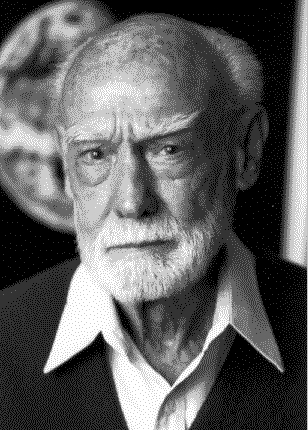Roger Wolcott Sperry

Sperry began his research in developmental neurobiology on the regeneration of nerve fibers. He later became interested in brain function for which he pioneered research in split-brain studies. These studies involved a severed or missing corpus callosum, the bundle of axon fibers that connects the left and right hemispheres of the brain. He also developed experimental techniques to surgically sever the optic chiasm to allow the visual stimuli from the left eye to only go to the left hemisphere and vice versa. From these investigations, he was able to demonstrate a division of labor in the two hemispheres of the brain. He revealed that the left hemisphere is dominant in the analytical and verbal capacity, while the right hemisphere is dominant in spatial tasks, music and other areas.
In 1981, Sperry was awarded the Nobel prize for Physiology and Medicine for his studies demonstrating the functional specialization of the two cerebral hemispheres. He revolutionized neuroscience, showing that neuronal connections are formed and maintained with a high degree of precision and that each cerebral hemisphere is potentially an independent cognitive mechanism.